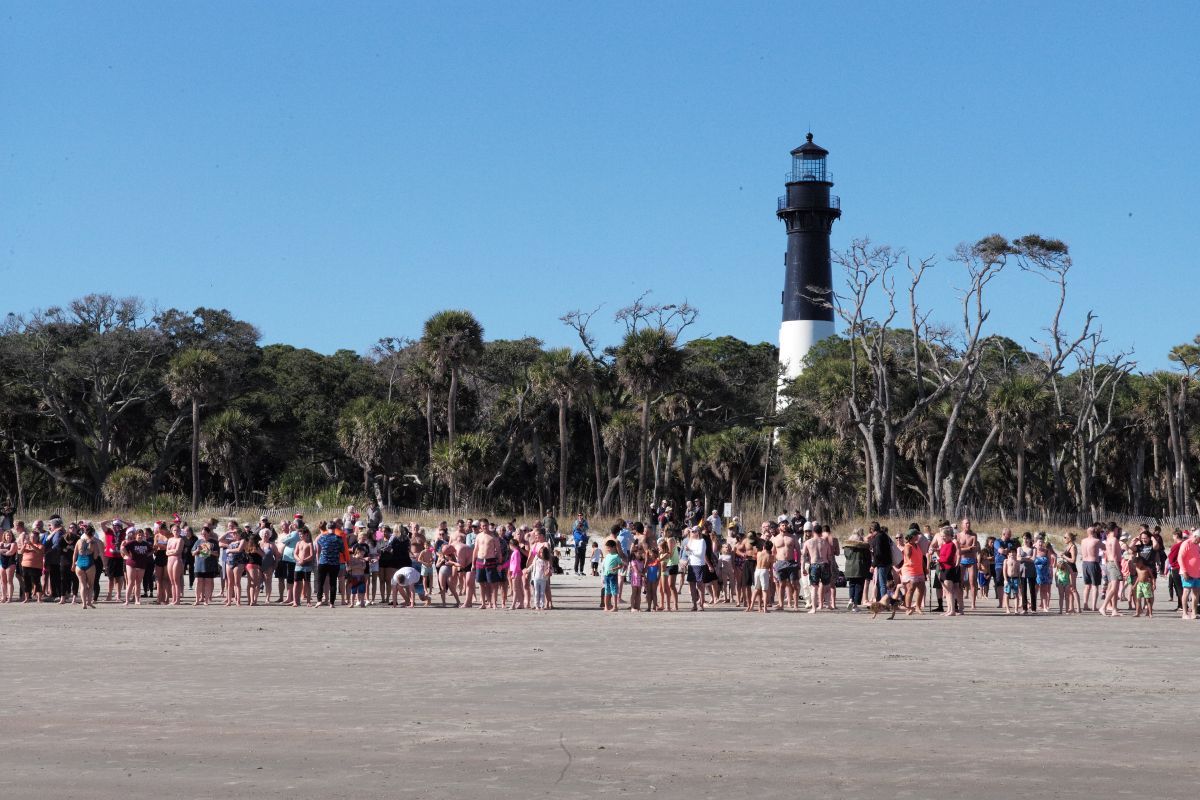By Brian Herrmann
I declared my candidacy to represent District 4 on the Beaufort County Board of Education as the parent of a fourth grader at Port Royal Elementary School, a four-year member of the School Improvement Council (SIC), chairman of the school’s 100th anniversary celebration, resident of the Shell Point community, and professional planner working in our community. I am also involved in the Da Vinci Days Program at Beaufort Elementary, and as a coach for PALS and the YMCA. Each of these responsibilities affords me a variety of perspectives regarding the health and status of our school district. While the schools in District 4 are high performing, I believe our school system is only as strong as its weakest school. Therefore, I have forged a substantive platform that ensures equal opportunity for every child in every school.
Our current administration has faced the unenviable task of establishing a cohesive district against the backdrop of federal mandates, increased testing, 20 million in budget cuts, and 1 million square feet of unplanned-for construction. Our entire district should be applauded for accomplishing this task while also raising PASS (Palmetto Assessment of State Standards) scores, the number of schools closing the achievement gap, state report card ratings, and the amount of college scholarships. However, we still have a long way to go!
We must start by building upon existing “research based” strategies that have proven successful, including data use, targeted student intervention, professional collaboration and development, and arts and science infused programs such as STEM. STEM is a nation-wide effort to dramatically improve education in Science, Technology, Engineering, and Math. Local CEO’s (from Boeing to Gulfstream) say STEM is critical to the economic prosperity of our region and nation; and more importantly, to preparing our students to compete.
We must address societal issues that are external to our schools, but which negatively impact our ability to educate all students equally (poverty, health needs, unstructured time, disengaged students, family disconnect). The “Community Schools” approach does this. A “Community School” is both a place as well as a set of partnerships between the school and other community resources that ultimately leads to improved student learning, stronger families, and healthier communities. PRES has many characteristics of a “Community School”. The YMCA provides swimming and aftercare, a local church provides mentoring and food for students, and the Cyprus Wetlands provides opportunities for experiential learning. I believe our SIC’s can and should play an instrumental role in forging these relationships. I was excited to see that the plan for St. Helena Elementary will utilize this approach.
Communication and outreach is also critical. Many students are raised in “non-traditional” homes that include single parents, divorced parents, and grandparents. Additionally, not all students learn in “traditional” ways, including many children with special needs or disabilities. While a “traditional” family or “traditional” approach to learning in no way ensures success, most studies agree that increased parental involvement does. The process must be easy and engaging for any parent that wants to be involved.
Beaufort County and the school board should collaborate to address the planning of schools and local communities as integrated components rather than independent parts. This would allow both entities to share facilities, resulting in dramatic cost savings and reinforcing our schools as the centers of our communities. Examples of “shared public facilities” include school gyms that host county recreational activities, ball fields designed as community parks, auditoriums that serve as community theatres, and shared libraries.
By promoting the construction of energy efficient “green schools” (new and existing), we can dramatically cut costs while positively impacting the health and productivity of daily users and the environment. Not only does the typical “green school” save nearly $100,000 a year in direct operating expenses (equivalent to 2 teachers, 2000 textbooks, or 200 computers), but they provide multiple opportunities for experiential learning.
For more details about my background and platform, please check out my website brianherrmannschoolboard.com, which a high school student helped to build.




